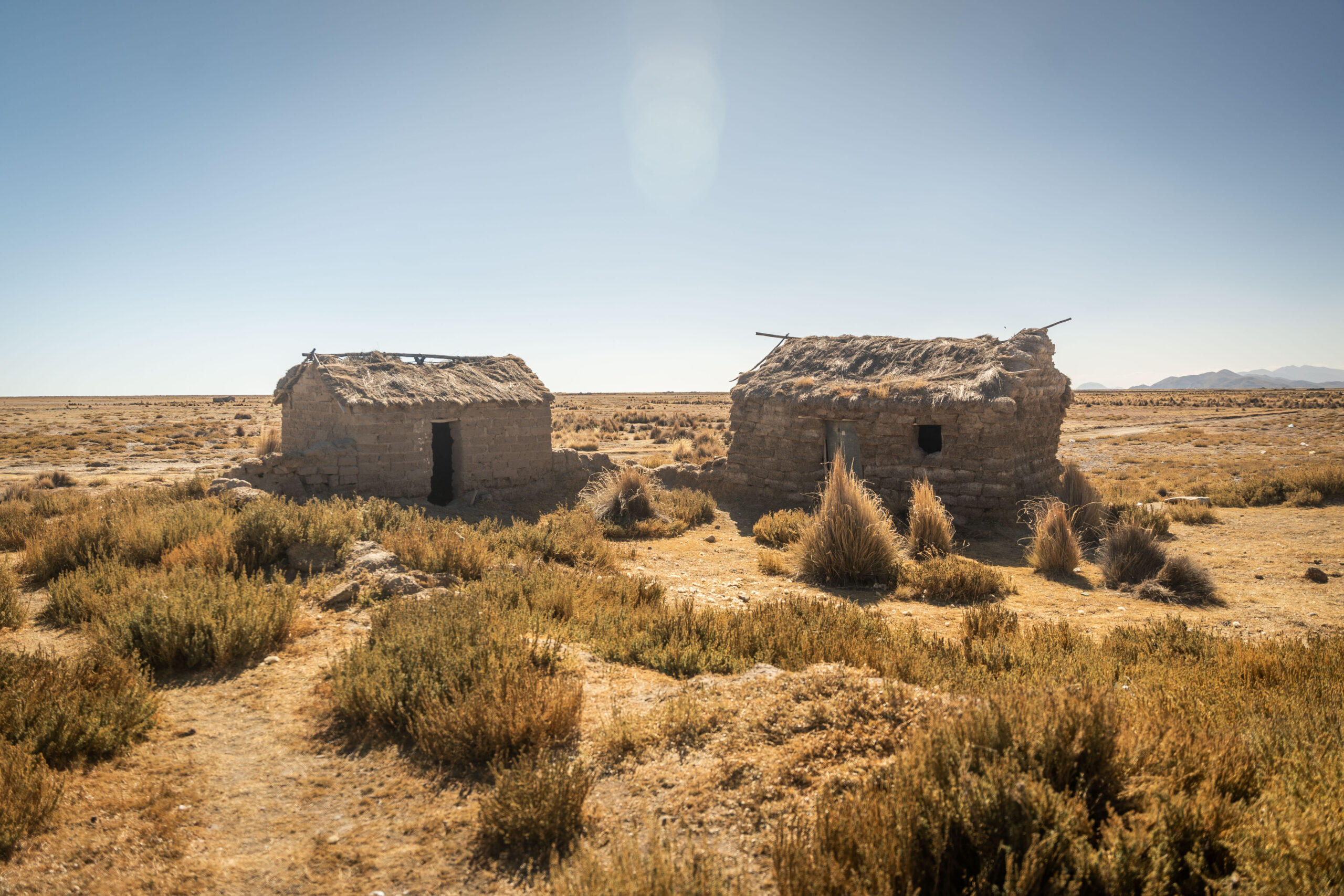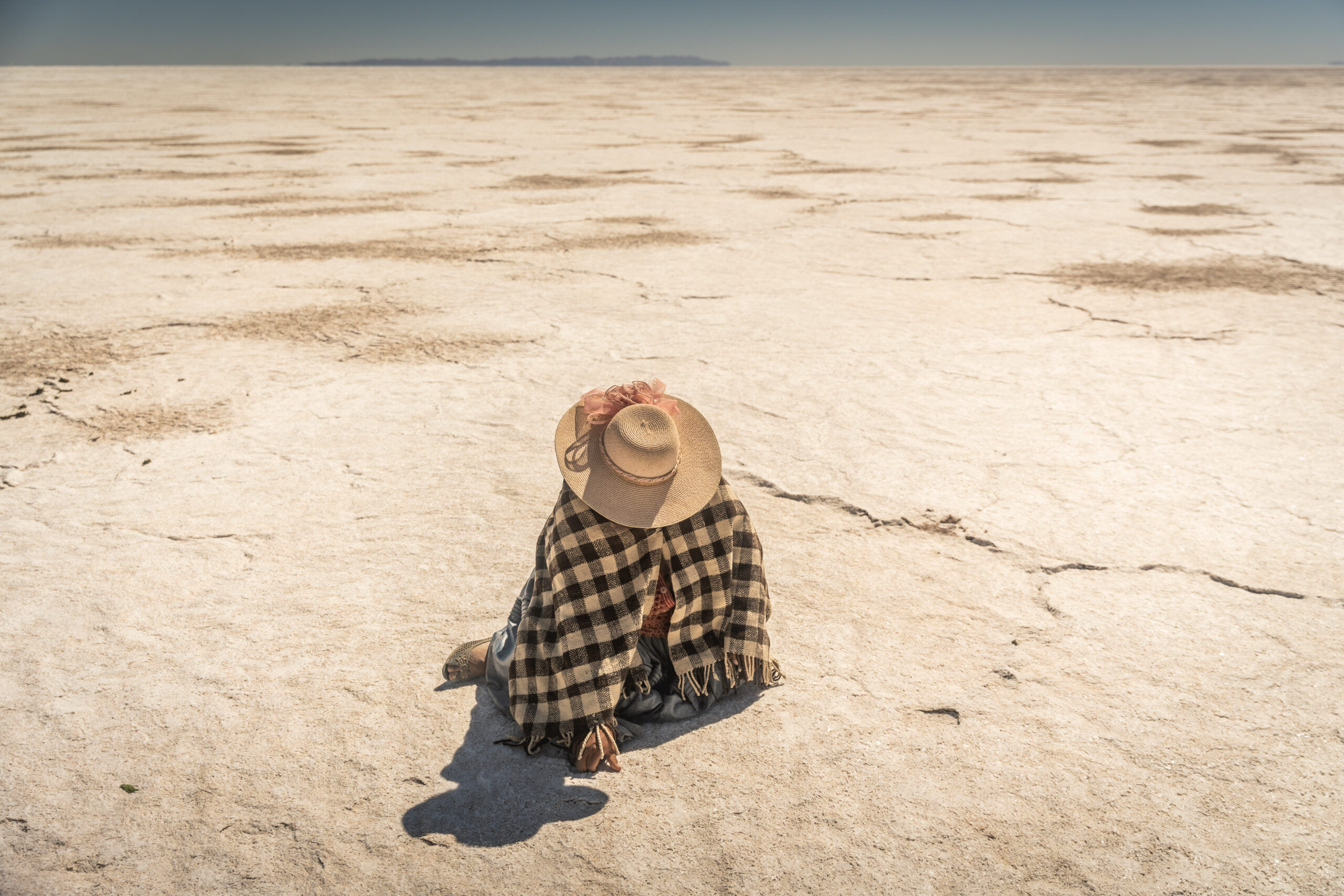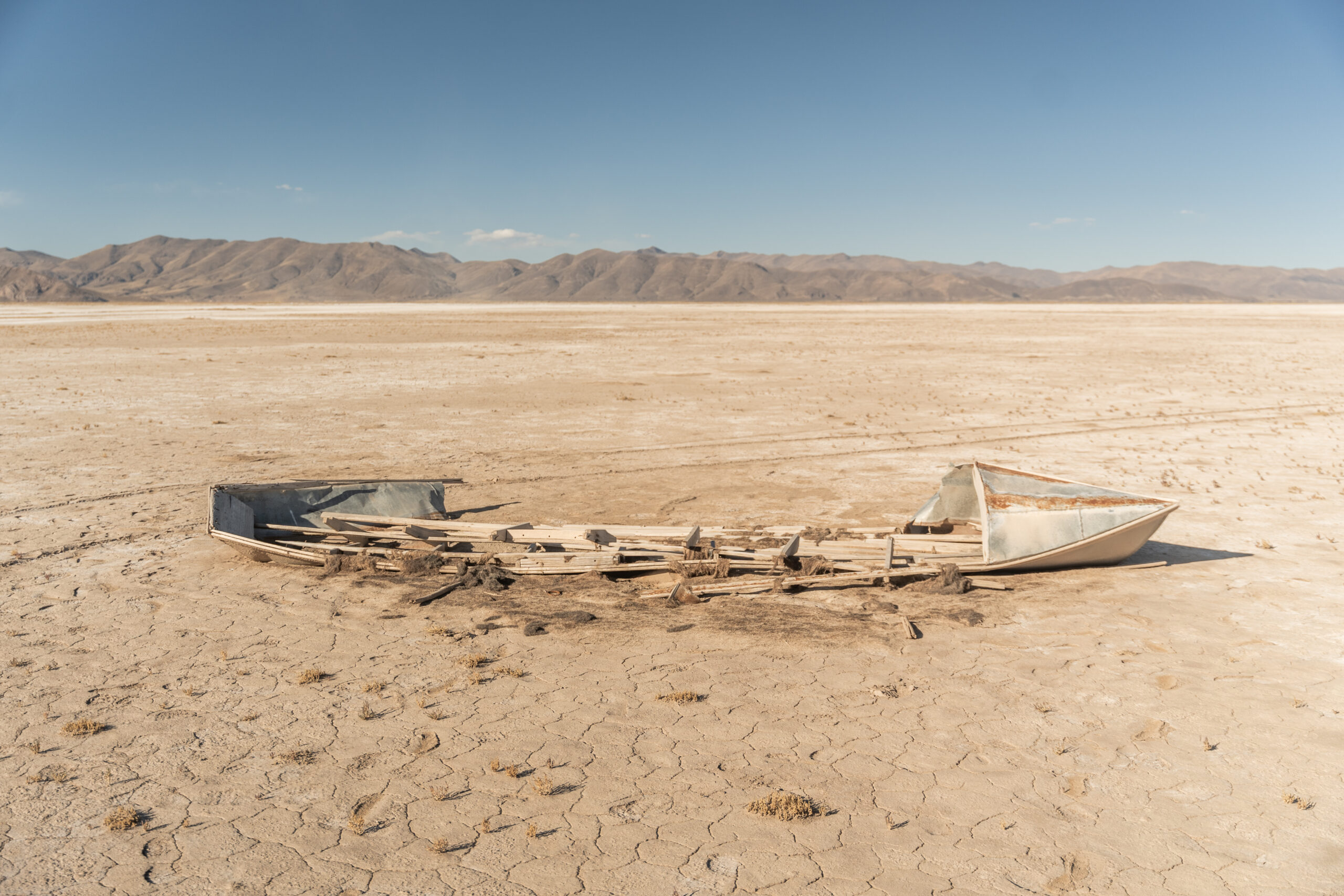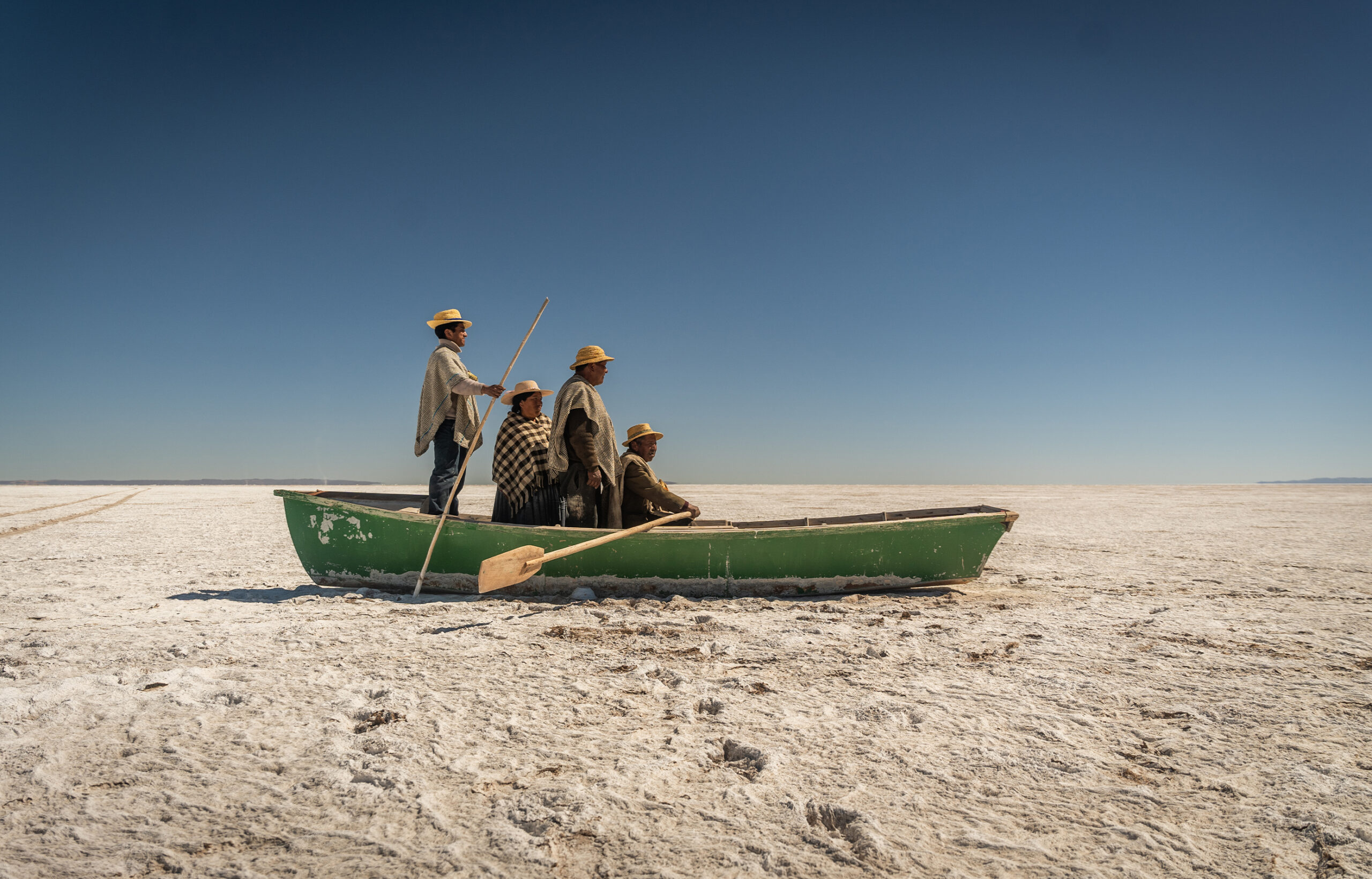
Qotzuñi: People of the Lake
BY GASTÓN ZILBERMAN
“Qotzuñi: People of the Lake” immerses viewers in the poignant reality of the Uru community, once inhabitants of Lake Poopó in Bolivia. This photographic essay serves as a testament to the impact of the climate crisis and industrial contamination on indigenous communities, shedding light on their resilience and unwavering spirit. Each image offers a window into a community displaced not only physically but also emotionally and culturally, as their ancestral home fades away. The Uru’s shift from a life sustained by hunting and fishing to creating artisan crafts reflects their resilience in the face of environmental change. Their crafts now serve as both a means of survival and a powerful expression of cultural heritage. This work stands as both a testament to the consequences of environmental degradation and a celebration of humanity’s enduring spirit, calling for a more sustainable and empathetic world.
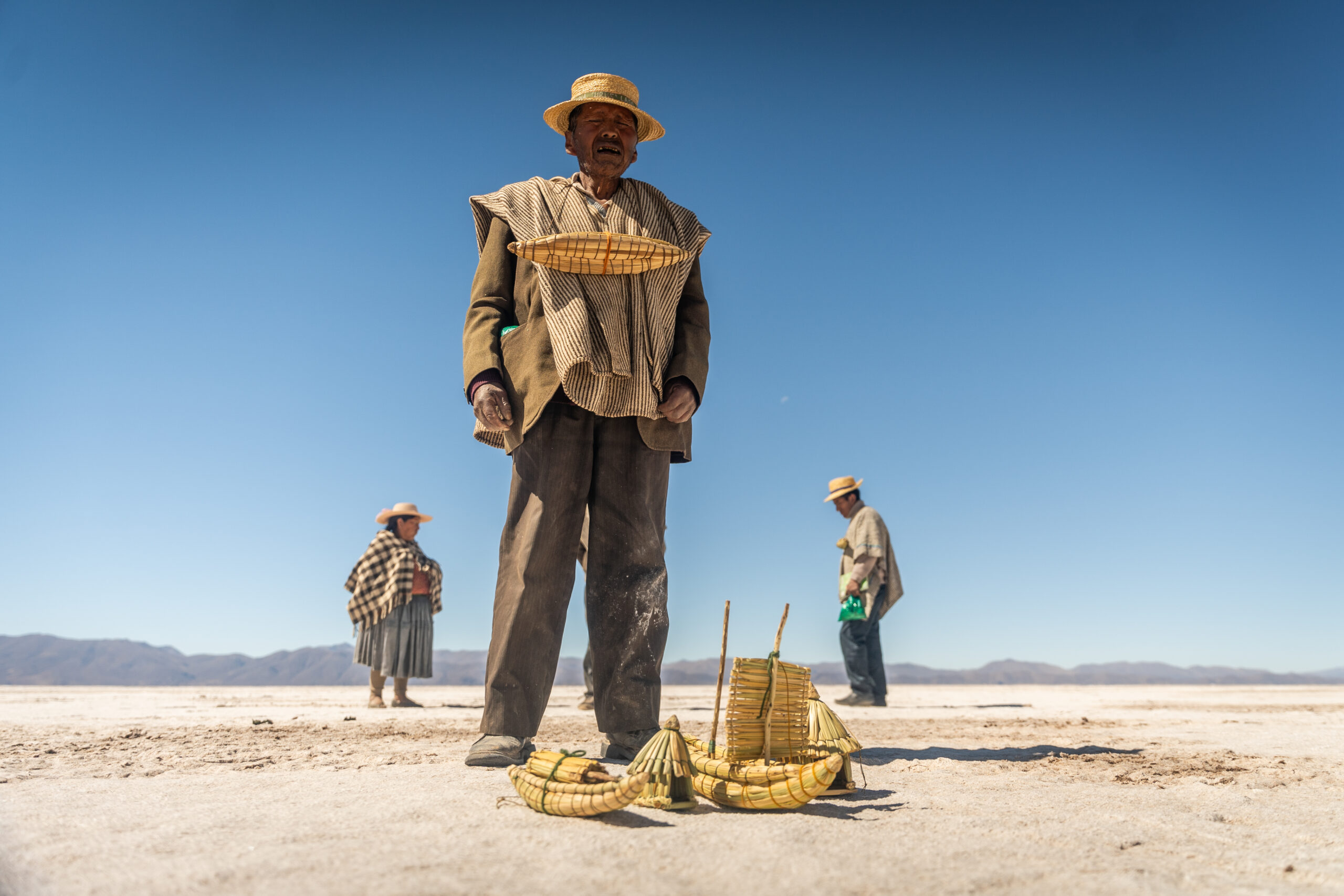
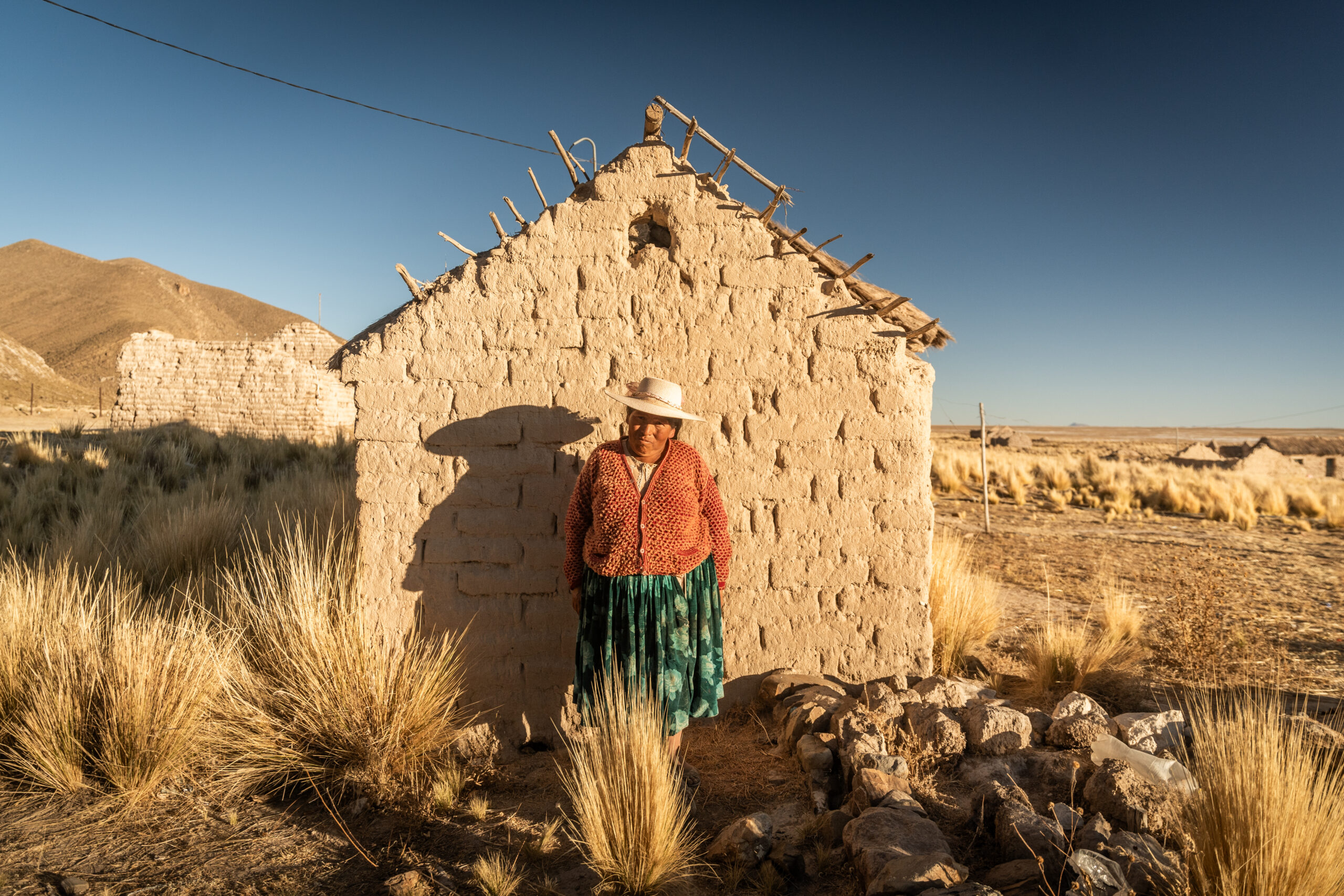
WHAT ARE YOUR HOPES & FEARS FOR THE CLIMATE CRISIS & COP29?
My hopes for COP29 are closely tied to the new financing goals being negotiated this year. The possibility of establishing the New Collective Quantified Goal that can genuinely impact vulnerable communities, such as the Uru community in Bolivia, fills me with hope. Such funding could be a crucial turning point for regions already facing the devastating effects of the climate crisis. I envision a future where these negotiations translate into concrete actions that improve the lives of people who deal with climate change daily. However, along with this hope comes significant fear. I’m deeply concerned about how the money will actually reach these communities and make the intended impact, particularly in Latin America. There is a worrying gap between international promises and on-the-ground realities, and I fear that bureaucracy, corruption, or lack of oversight could divert resources before they reach those who need them most. While I live with the hope that the current work at COP-29 can have a meaningful impact, I also carry the constant fear that, despite our best efforts, it may never be enough to effectively address the climate crisis.
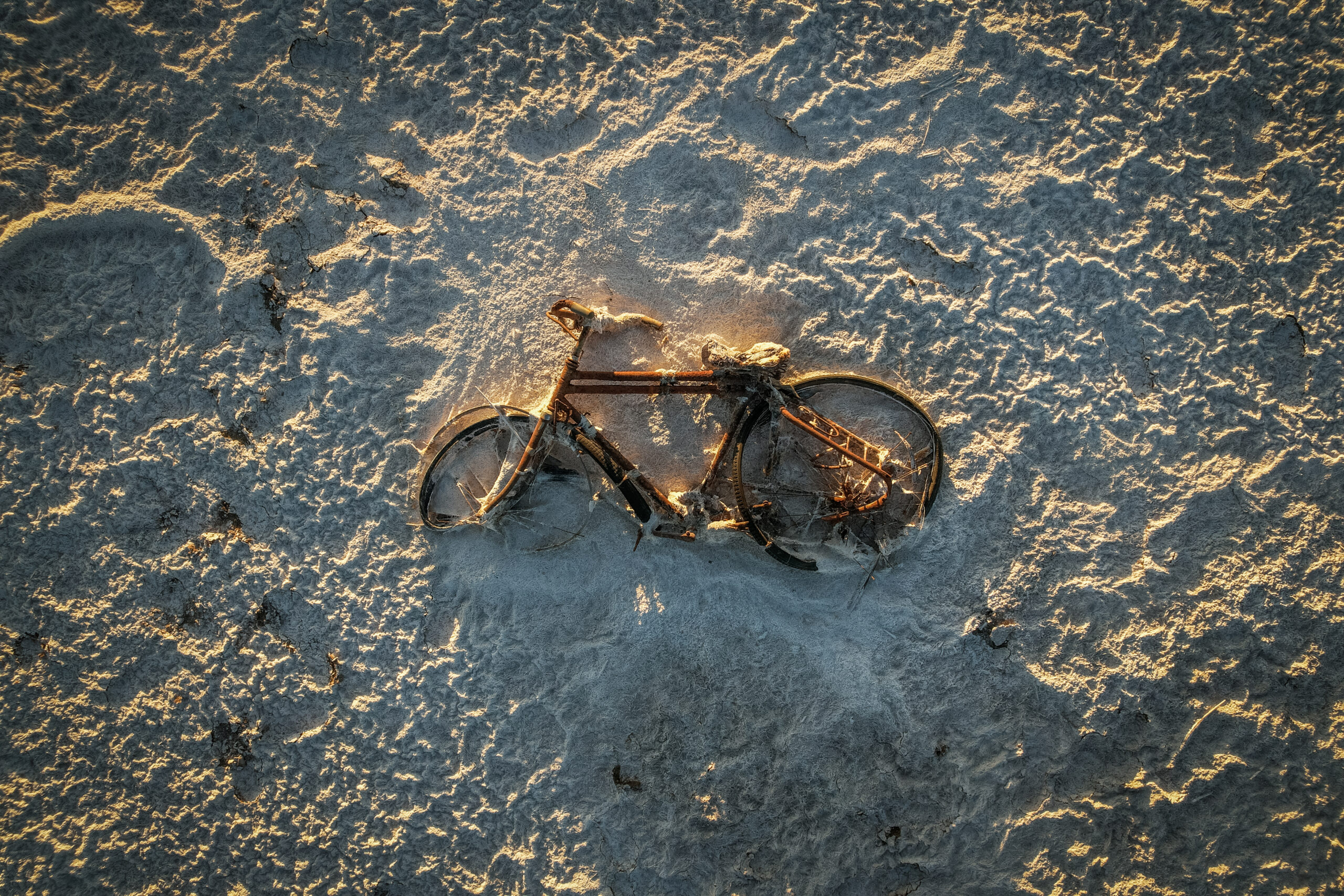
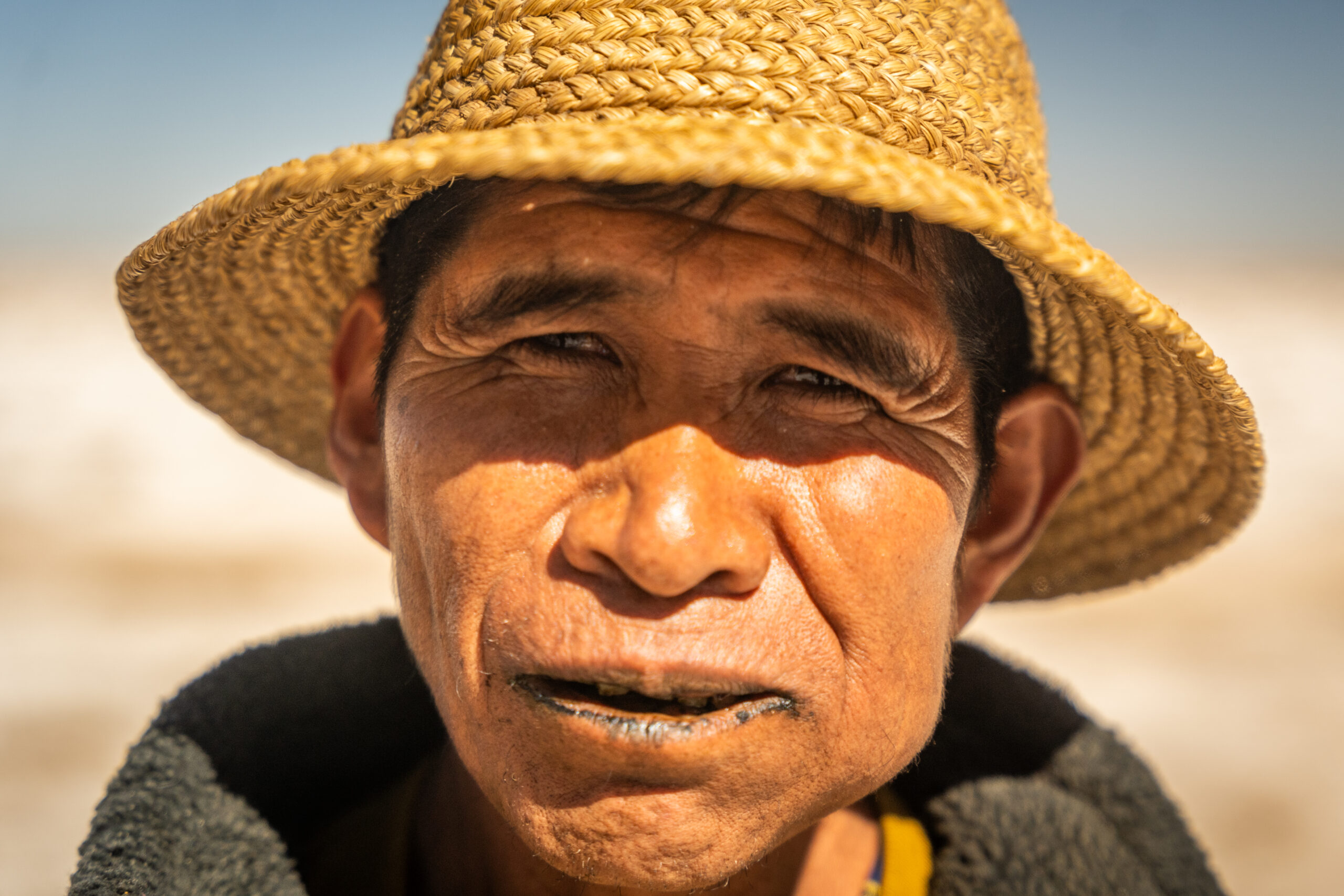
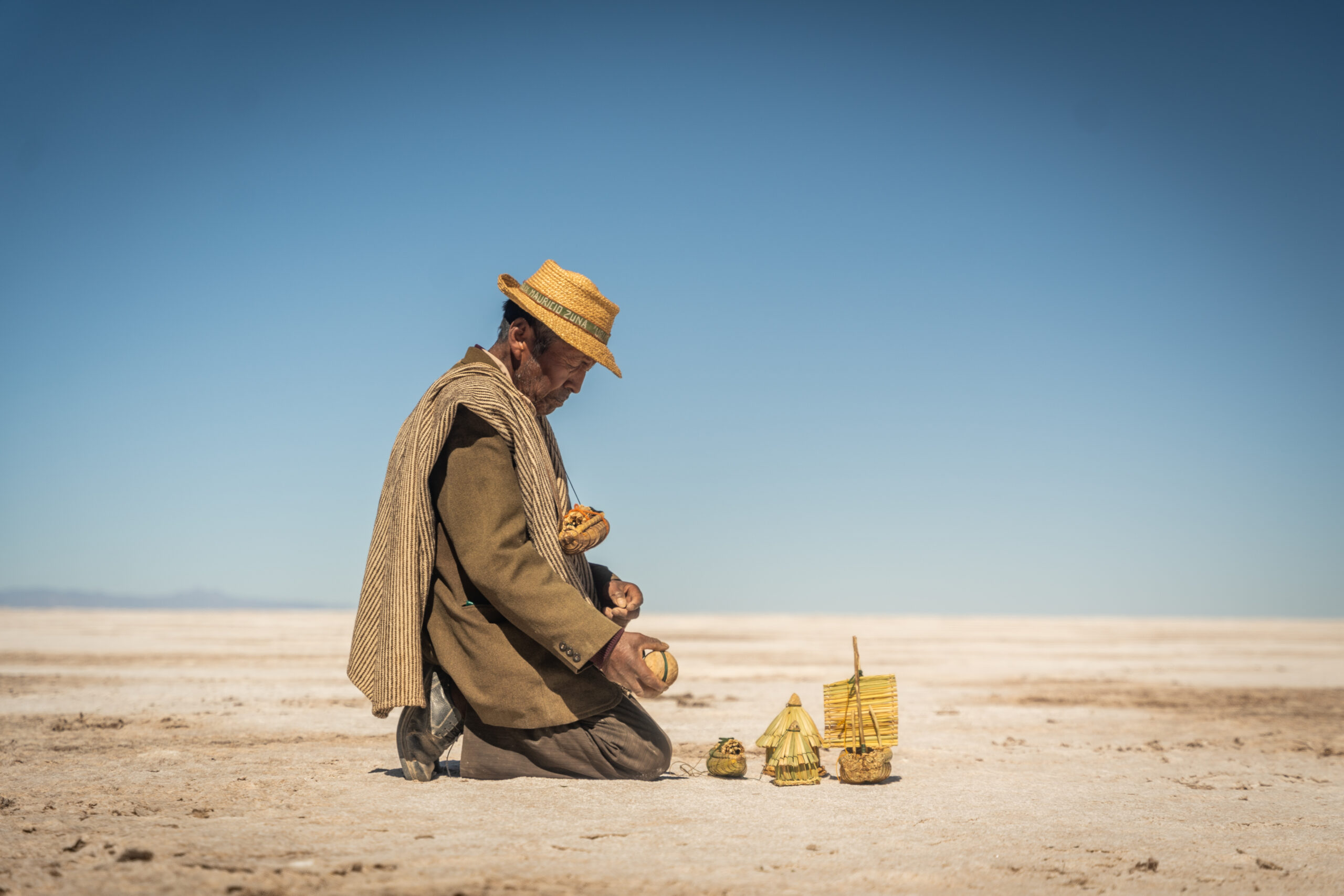
ABOUT GASTÓN
Gastón Zilberman is a 23-year-old photographer and filmmaker based in Buenos Aires, Argentina, passionate about climate storytelling. He works with social and environmental issues and specially with indigenous communities in South America struggling with the consequences of the climate crisis. He studies and teaches photography in Escuela Motivarte and also studies Design in Torcuato Di Tella University. He works documenting humanitarian interventions worldwide with CADENA NGO and he has been featured in National Geographic. Passionate about using images and video to capture important social and environmental issues, his work often focuses on humanitarian interventions, and had the privilege of documenting many of these interventions both in Argentina and abroad. He’s been documenting an historical intervention during the war in Ukraine in March 2022 with refugees on the border with Poland for CADENA NGO. His work was published in National Geographic in April 2023 for their story “All aboard the slow train to Patagonia, a relic of a bygone era”. He started his career as a sports photographer in 2015 and sold a Buenos Aires Marathon picture to Nike in 2018. Since then, he expanded his portfolio to include a wide range of projects, including social events, commercials, corporate and institutional events, music live sets, and more, but for several years now, he focuses on social and environmental issues. He is also a collaborator with Youth for Climate Argentina.
